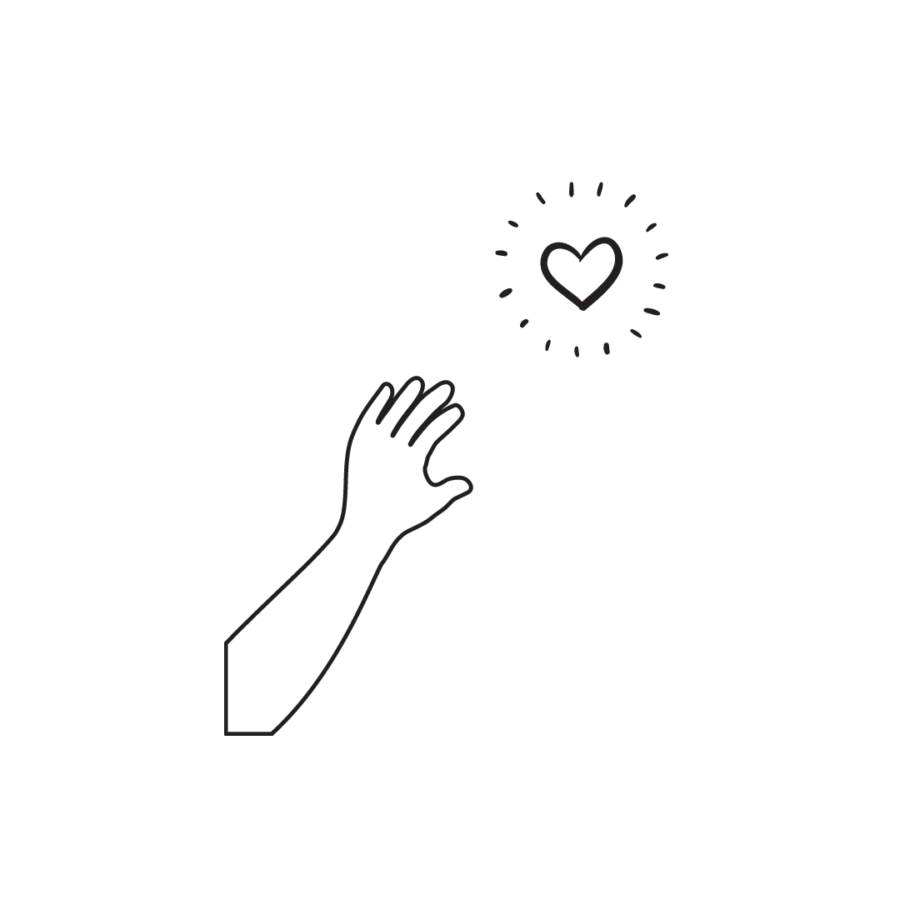The election is (sort of) over, and we all know we have a rough road ahead. We’re divided. We’re angry. Several international human rights groups have added the US to their watchlists for election-related violence. Some experts say our imminent reconciliation work has more in common with post-war Germany than with other long-standing democracies.
Those of us not keen on civil unrest, even as the comments rage and the memes circulate, know what we’re going to have to do, right? Even if it’s not reciprocated?
We know. You know, and I know. We’re going to have to reach down deep, DEEP, and find some empathy.
I can hear you booing.
It has to be empathy, though, not only because it is the most peaceful avenue, but also because when it comes to reconciling differences, NOTHING ELSE WORKS. Shaming doesn’t work. Presenting facts doesn’t work. Relentless badgering doesn’t work.
Empathy works. If we want civilized society to continue, we’re going to have to find a way to scrounge up some empathy for the people we disagree with.
This doesn’t seem like a radical idea to me, but then, I have always lived in a state that doesn’t vote the way I do. I’ve never had the option of insulating myself from opposing viewpoints, or of disregarding the humanity of an entire political party. They’ve always been all around me, working next door to me, sitting in the bleachers with me, bringing post-baby meals to me, and doing all the other things that people do in communities where they can see each others’ faces.
And besides, I was a teacher.
Finding drops of empathy in the desert is just what teachers do. They forge connections with people who resist connection. They reach for the humanity of not just those who push their buttons, but of those who mash, jam, kick, and attempt to hack their buttons for unrestricted Wi-Fi.
Teachers are empathy machines.
My years in the classroom taught me what it takes to connect with someone who does everything in his or her power to push you away; including, perhaps, calling you names, calling others names, questioning your intelligence, responding with belligerence, refusing to listen, escalating conflicts, and shoving markers into the electric pencil sharpener.
Sounds a little like the ol’ Facebook feed, huh?
I understand that politics and spitwads are not the same thing (…or are they?), but I’ve lived the more practical side of this, too. For fourteen years, I taught in communities whose prevailing political beliefs were different from mine. And on occasion, some of my adolescent students, who were old enough to be forming their own opinions about the world, would say things I didn’t agree with.
In fact, at times, they said things so utterly, hair-raisingly opposed to my values that I could feel my soul leaving my body, floating through the classroom door, down the hallway past the gym, out the emergency exit, and into a comparably pleasant dimension, mumbling, “That’s it, I’m out,” as it ascended.
But I clenched that Expo marker in my hand and chose to like them anyway.
There’s no other option for teachers. All learning comes from relationship, and besides, when you spend forty-five minutes with someone every day for 180 days, it’s hard not to root out some genuine affection between you, if you’re looking for it.
Admittedly, sometimes I had to not just look for it, but reach for it. Sometimes I had to reach and reach and REACH until I thought I’d hyperextended something, but our shared humanity was always there, waiting to be found, or at least acknowledged with a polite wave.
This is the spiritual practice of teaching. I wasn’t special; all effective teachers are doing this every day. They are opening their arms to the humans they’ve been given, they are observing and absorbing all the ways they are different and struggling and challenging, and then they are choosing to connect to them.
They CHOOSE connection, folks. It doesn’t just happen. It’s an active decision every single day, sometimes every single minute, to find the humanity in others who are sometimes heavily invested in hiding it.
And this is the way forward.
I know what you’re saying. You’re saying teaching kids is different than enduring the vitriolic Twitter ravings of your 60 year old uncle. Those were just kids, you say, and of course we can’t hold kids’ still-forming political views against them. And besides, it’s the job of a teacher to care about kids. It’s why they pay you the big bucks.
I get that, but… Aren’t we all just kids here, spiritually speaking? I mean, whether you prefer to hear it from Jesus or Eckhart Tolle or the Buddha, wiser beings than us have said it over and over: There’s a heck of a lot we don’t get, and everyone you know is doing their best at the level of understanding they have.
If we believe in continual, lifelong growth—not to mention continual, multi-lifetime growth, in which case you can come sit next to me—then we need to alter our conception of people over the age of 18 as static, irredeemable, and inexorably worthy of judgment.
I am not saying you cannot disagree with or even condemn the words and actions of others. I am not saying you cannot march, donate, and argue for change. You should do all of those things. Deeply shitty things are happening, and empathy is not a substitute for action.
I am saying that you should do all of those things while also reaching for the truth that the people you disagree with are still people.
I am saying that you are an adult, and you can hold two contradictory ideas in your mind at the same time. You can know that someone infuriates you AND that he shares the human condition with you.
I am saying you should take your cues from a teacher. A group of humans has been delivered to your classroom. If you would like for them to listen to you about anything at all, get your soul back in your body and start asking what a Tik Tok is. Find a way. Reach.



3 comments
Comments are closed.